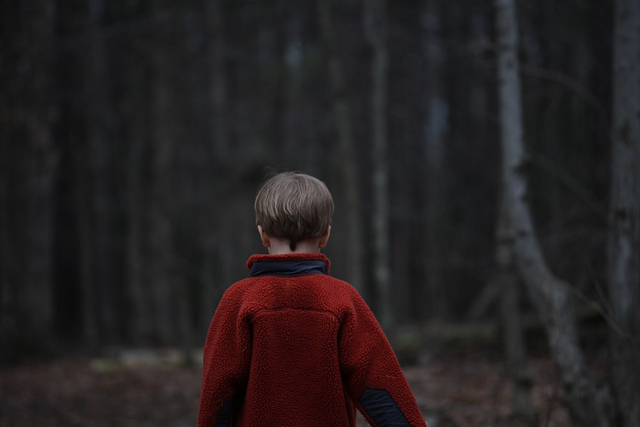Ugh! What do we tell the children? Sexual addiction is a complex disease with consequences that extend far beyond the person struggling with the addiction.
It involves spouses, of course. It also involves children.
How, when, and why to disclose sexual addiction to children is a difficult question. We have found that long-time treatment professional Claudia Black provides insight important to share.
Please do read Claudia Black’s excellent post: Disclosure to Children. Here is the essential take away for healthy disclosure to children:
While there is no ideal situation, the following criteria support a healthy environment for disclosure to children.
[arrow_list]- Disclosure is facilitated with a clinician or therapist
- Both parents are present and participatory
- Both parents are in agreement to disclose to the children
- Both parents articulate why this is important and of value to the child
- Both parents have strategized and agreed upon what is and is not disclosed
- Parents speak for themselves.
- The addict and the partner each speak about their own behavior
- The addict speaks in generalities about addictive behavior, not specific details
- Parents display signs of recovery
- Neither parent takes on the role of victim
- Child is not used as a confidant
- Parents are clear that it is not the child’s responsibility to fix or take care of their parents’ needs
- An ongoing openness for dialogue and discussion with a clinician is demonstrated
Claudia black adds a word of caution:
It is very easy for the child to become caught in a triangle of choosing sides and then reacting on behalf of the person or one who is perceived to be the victim-parent at the moment. Set the tone for the child to know he or she can discuss it with you as they need to or as you believe it is appropriate. To say or imply, “We’ll talk about this today and never again talk about it” reinforces the shame of disclosure and the behavior. Disclosure is not a one-time process.
The children do matter. The tragedy of an addiction process is that it truly is a family disease. Remember it is no one’s fault. The social, genetic, and experiential components of the disease are far to complex to lay fault at anyone’s feet.
Though it is no one’s fault, it is everyone’s responsibility to do whatever can be done to secure the promise of a hopeful future for children.
Image by Tom Woodward

